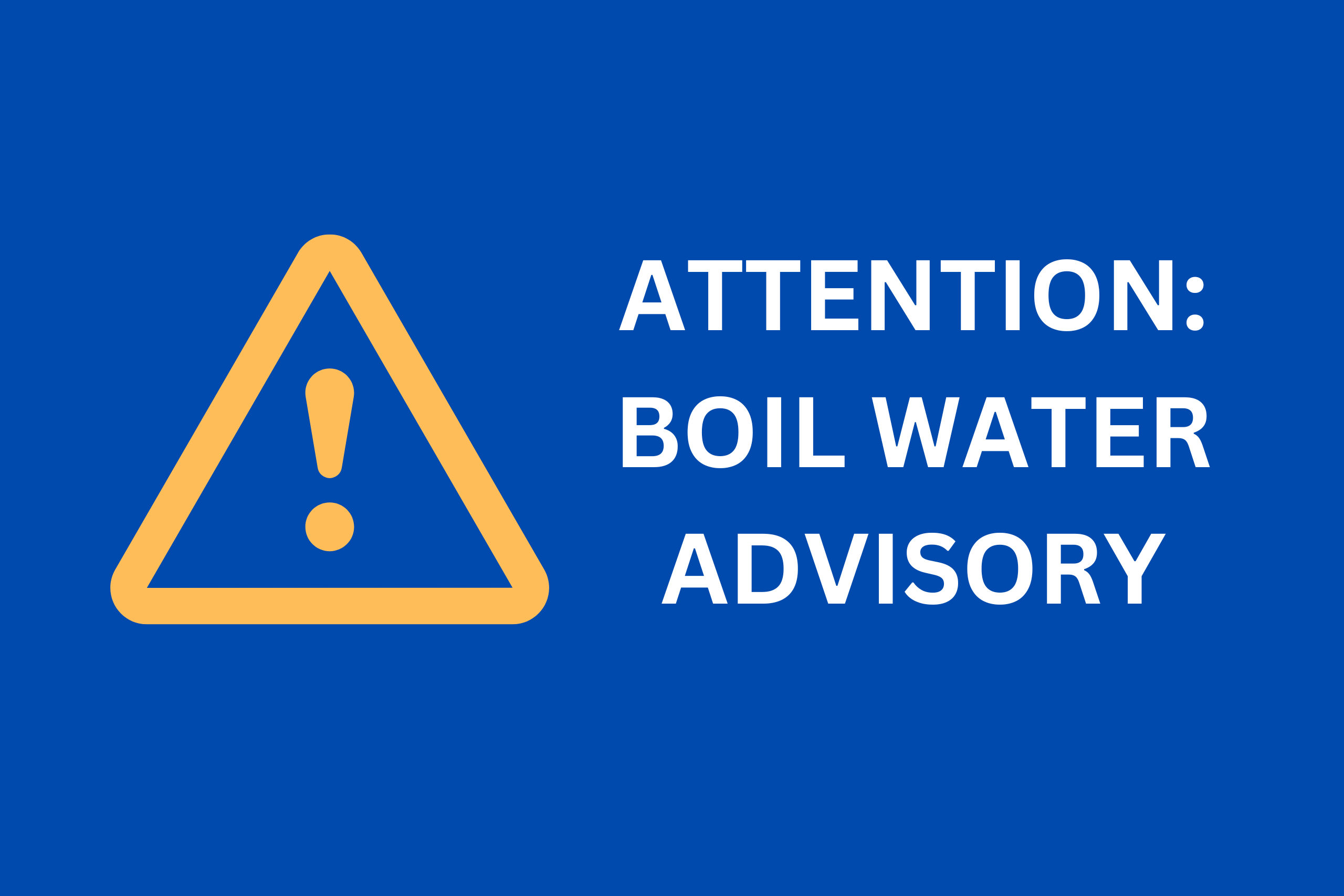
Storm-Fueled Chaos: Richmond Tap Water Tainted, Boil Water Advisory In Effect
Introduction
A furious winter storm wreaked havoc upon Richmond, Virginia, contaminating the city's tap water and prompting an immediate boil water advisory. Faced with murky, brown-tinged water pouring from their faucets, residents now grapple with the unsettling uncertainties surrounding the safety and quality of their drinking supply.
The Storm's Impact
The torrential downpours accompanying the storm infiltrated the city's sewage system, causing a surge of stormwater and wastewater into the James River, the primary source of Richmond's drinking water. This influx of contaminated runoff overwhelmed the city's water treatment plant, rendering it incapable of effectively removing impurities and pollutants.
Contamination Concerns
Murky Appearance
The most apparent manifestation of the contamination is the unsettlingly murky appearance of the tap water. Officials attribute this discoloration to increased levels of sediment, manganese, and iron, which were swept into the water supply during the storm. While these particles may not pose an immediate health risk, their presence raises concerns about the overall quality and safety of the water.
Bacterial Contamination
More alarmingly, the city has detected the presence of _coliform bacteria_ in the water samples, indicating possible contamination with fecal matter. _Coliform_ bacteria are commonly found in the intestines of humans and animals and can cause a range of gastrointestinal illnesses if ingested. This discovery has heightened concerns about the potential health implications of consuming the contaminated water.
Boil Water Advisory
To safeguard the public from the risks of waterborne illnesses, the city has issued a strict boil water advisory. Residents are strongly urged to boil all water intended for drinking, cooking, or brushing teeth for at least one minute before use. This step kills any harmful bacteria present in the water and minimizes the risk of infection.
Perspectives on the Issue
City Officials
City officials are facing intense scrutiny and criticism for their handling of the situation. Residents are demanding answers about why the water treatment plant was unable to withstand the storm's impact and why the contamination was not detected sooner. Furthermore, they are concerned about the potential long-term effects of consuming the tainted water.
Public Health Experts
Public health experts emphasize the importance of adhering to the boil water advisory and avoiding consumption of contaminated water. They warn that even seemingly mild symptoms of gastrointestinal distress should be taken seriously and that anyone experiencing such symptoms should seek medical attention promptly.
Residents
Richmond's residents are understandably worried and frustrated by the water crisis. They fear for their health and well-being and are demanding accountability from city officials. Many are expressing anger and disappointment over the lack of timely information and support from the city.
Conclusion
The storm-fueled contamination of Richmond's tap water has plunged the city into a state of uncertainty and anxiety. Murky water, bacterial contamination, and a boil water advisory have raised serious concerns about the safety and quality of the city's drinking supply. While city officials work to resolve the crisis, residents are left grappling with the potential health risks and the inconvenience of having to boil water for everyday activities.
This incident highlights the vulnerability of water infrastructure to extreme weather events and the urgent need for investment in its resilience. It also underscores the importance of proactive communication and transparency from city officials during emergencies to ensure the public's trust and well-being.
Post a Comment